– At an event like this, of course, remembrance comes to the forefront, as it is one of the most important human abilities, present everywhere from medicine and social sciences to politics. What does it mean today to remember our scientific greats?
– Perhaps the most important thing is not just to remember, but to internalize the fact that Hungary and the Hungarian people are exceptional. Let us dare to be proud of who we are, and let us dare to say that Hungary really is the center of the world! Here, we could certainly take a cue from the Americans, the French or the British — as they all see themselves as exceptional. This is not just a matter of remembrance, but also of knowledge and belief, which are all essential to a healthy national identity. If we do not believe in ourselves, no one else will. We must also remember that over a thousand years ago, a small nation arrived here with a foreign language, customs, and culture, yet they managed to preserve themselves. We not only maintained our language, traditions, and culture, but passed them on. A thousand years of Hungarian statehood is a fact, and considering the historical circumstances, it is nothing short of a miracle. And let’s not forget: even great empires could not absorb us, although they certainly tried. The cherry on top is that Hungary, proportionally, has produced more Nobel laureates than any other country in the world. And this is no coincidence: the Hungarian mindset is truly unique and world-class, something that exhibitions like Martians both highlight and reinforce. It is time to forget the leftist-liberal conditioning that says “dare to be small.” The Hungarian right, by contrast, says: let’s make Hungary great again!
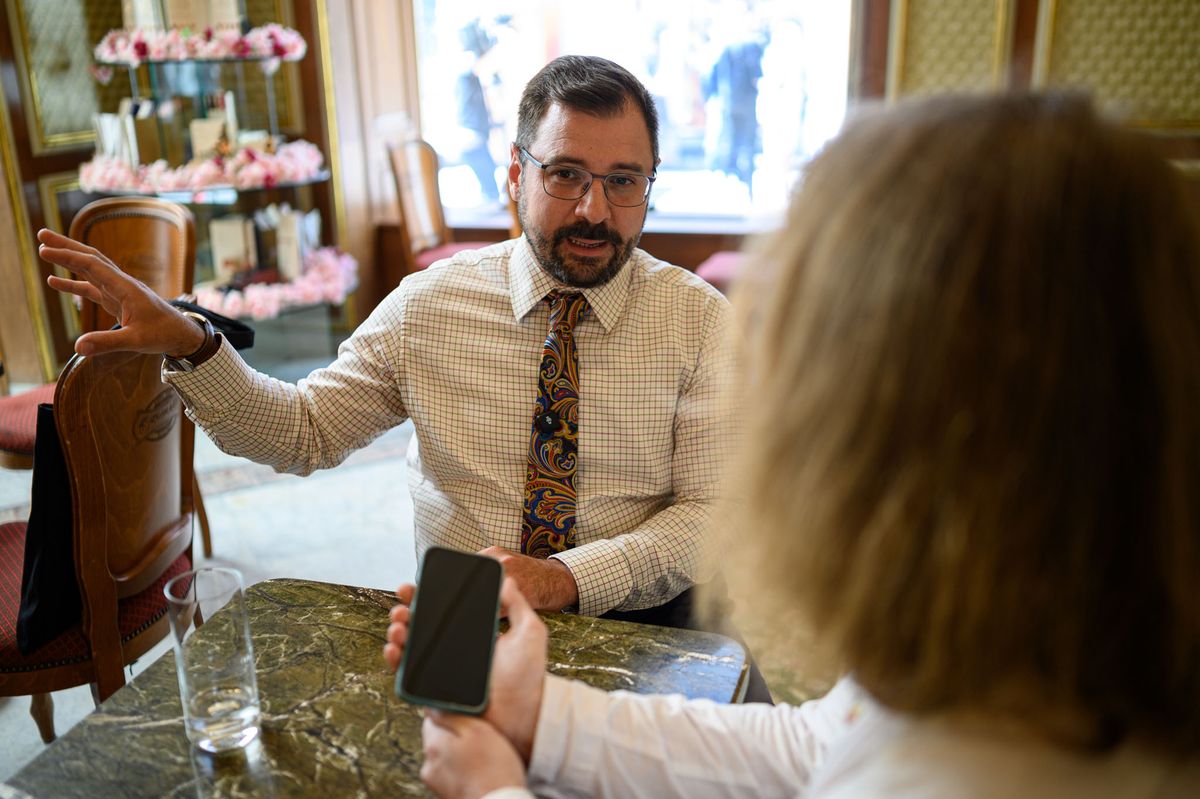
– The nickname “Martian” refers not just to the unusual mindset of Hungarian scientists, but also to the distinctive sound of the Hungarian language. PM Orban has repeatedly emphasized that the Hungarian thought is determined by the Hungarian language. Do you see it the same way? Is there a distinct Hungarian mindset?
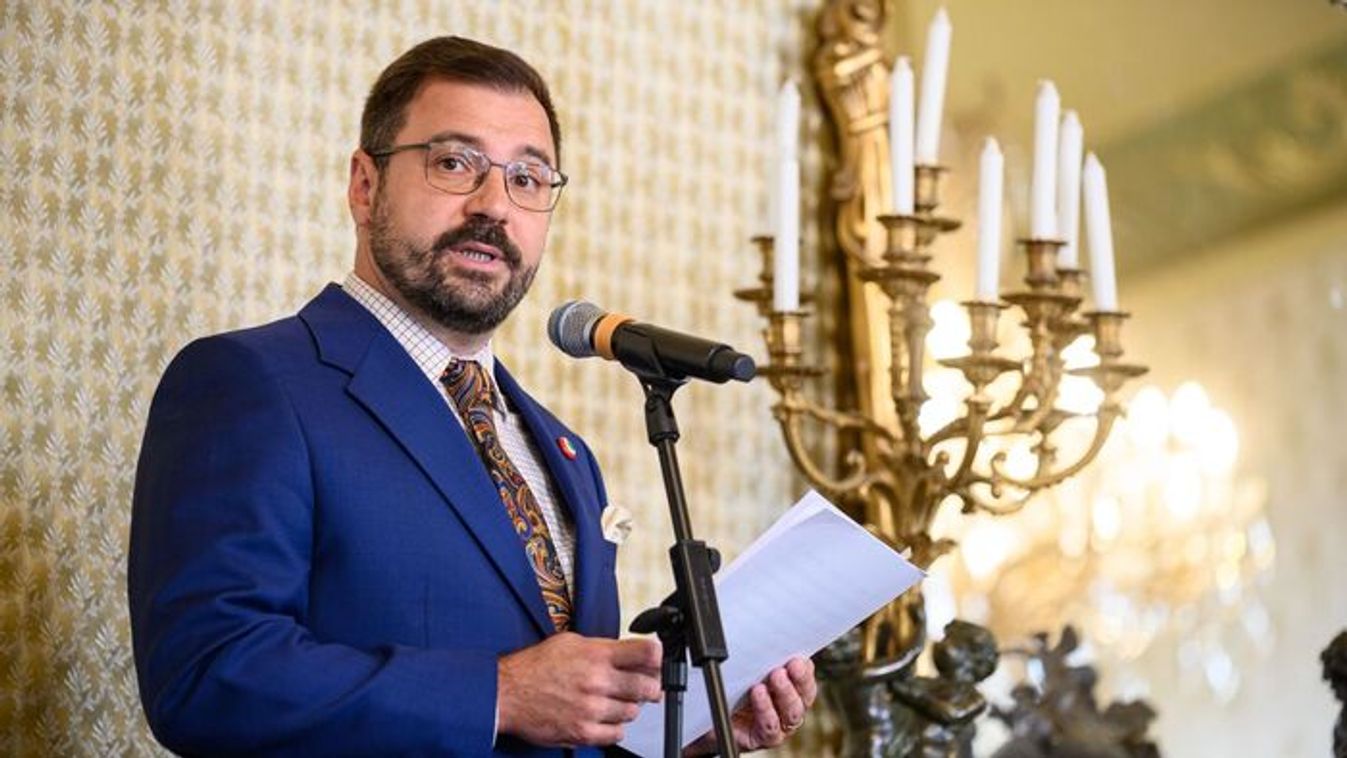
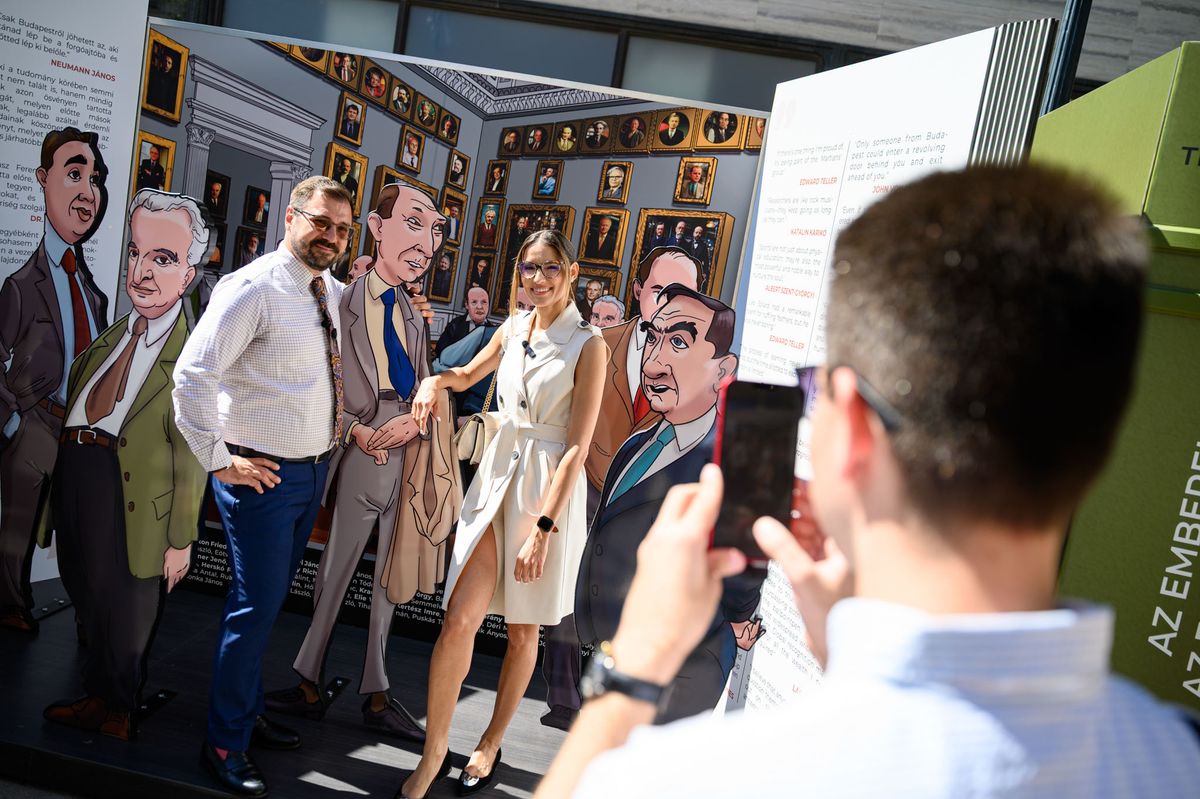
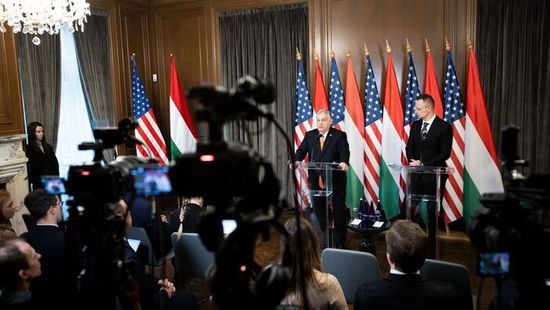
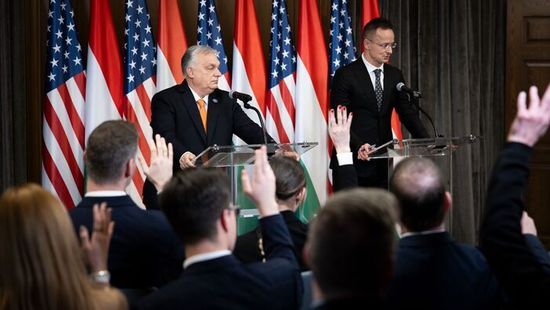
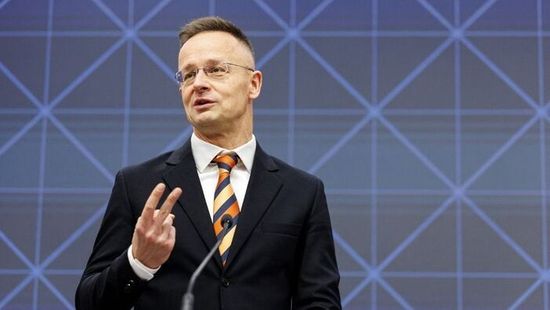


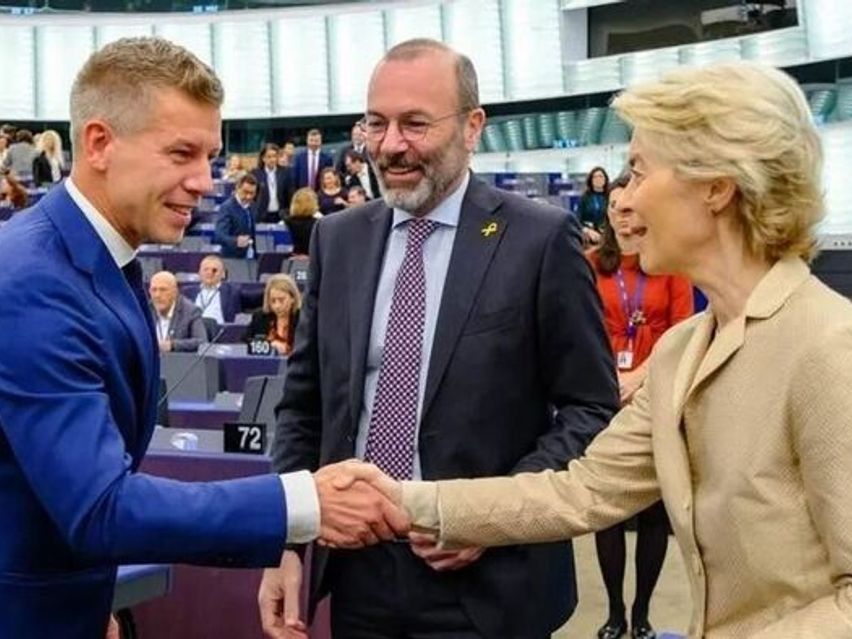







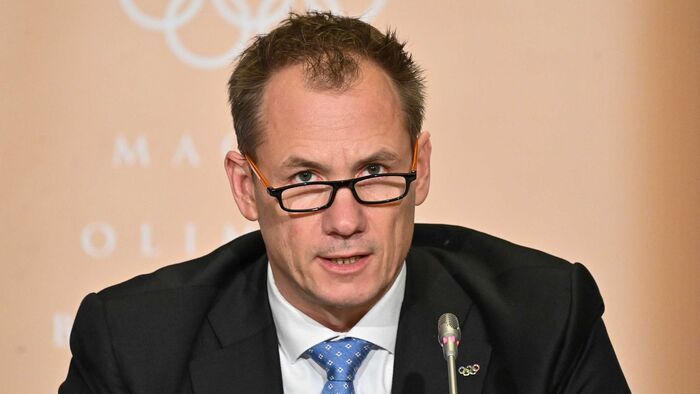








Szóljon hozzá!
Jelenleg csak a hozzászólások egy kis részét látja. Hozzászóláshoz és a további kommentek megtekintéséhez lépjen be, vagy regisztráljon!